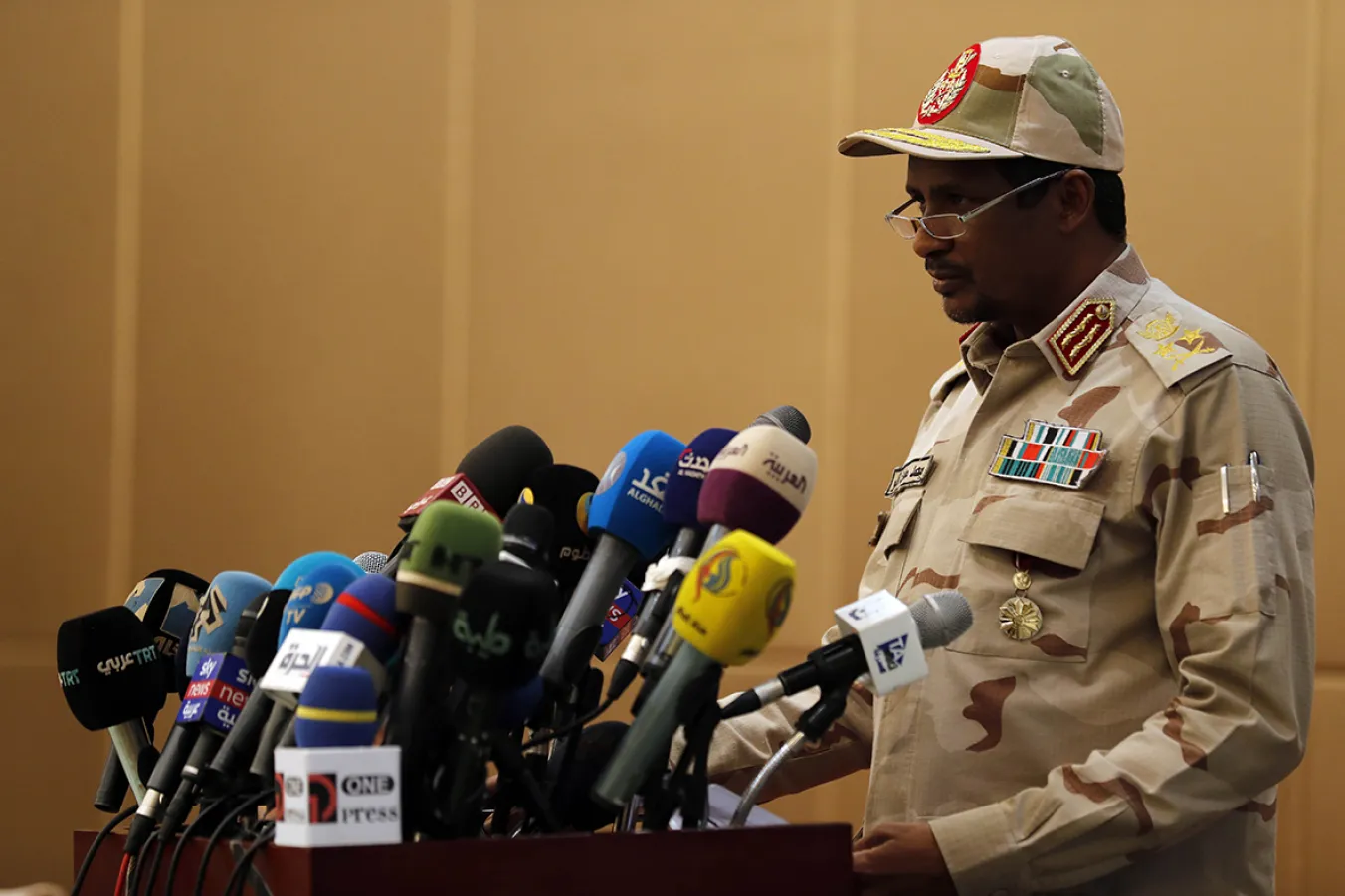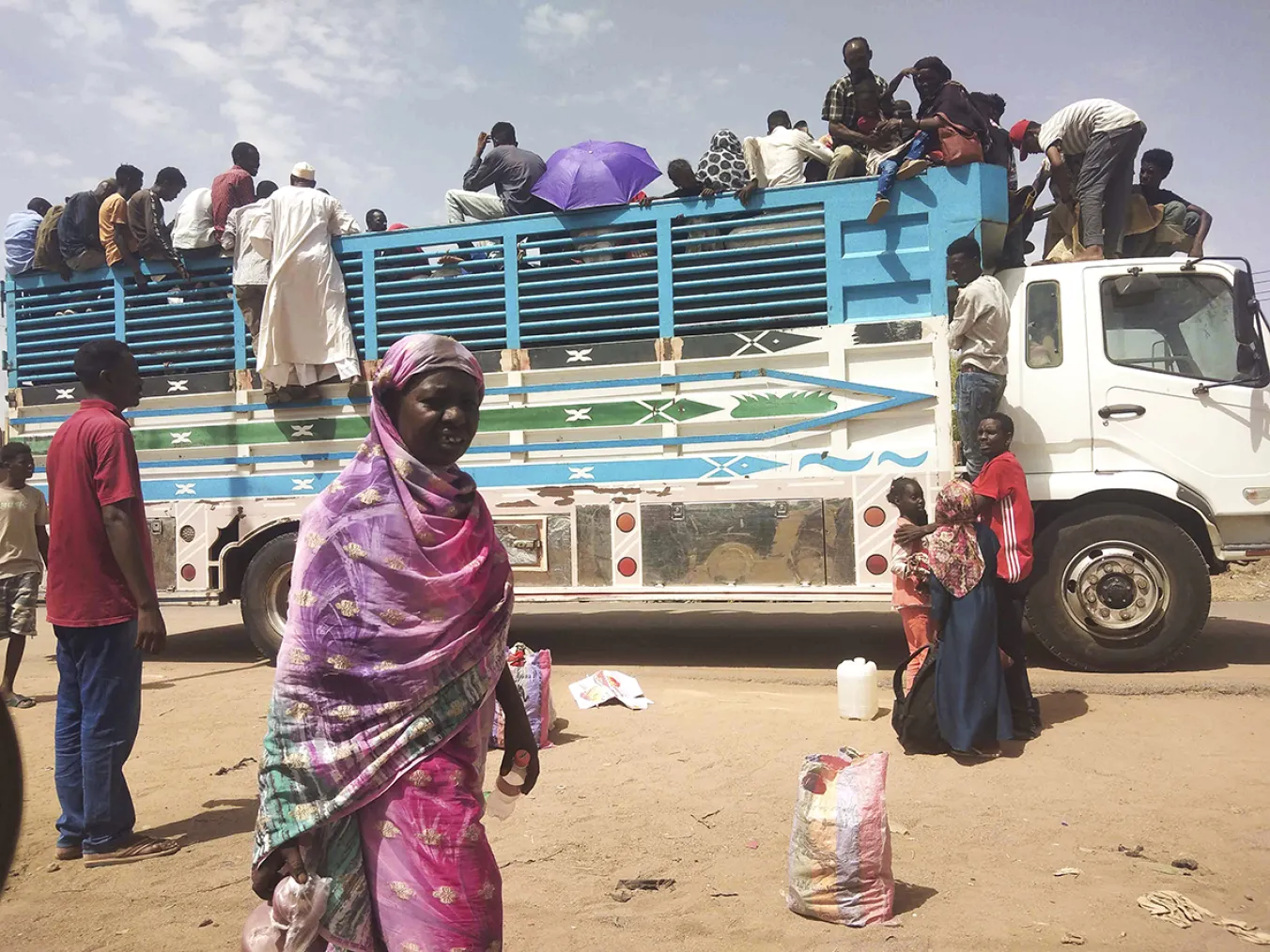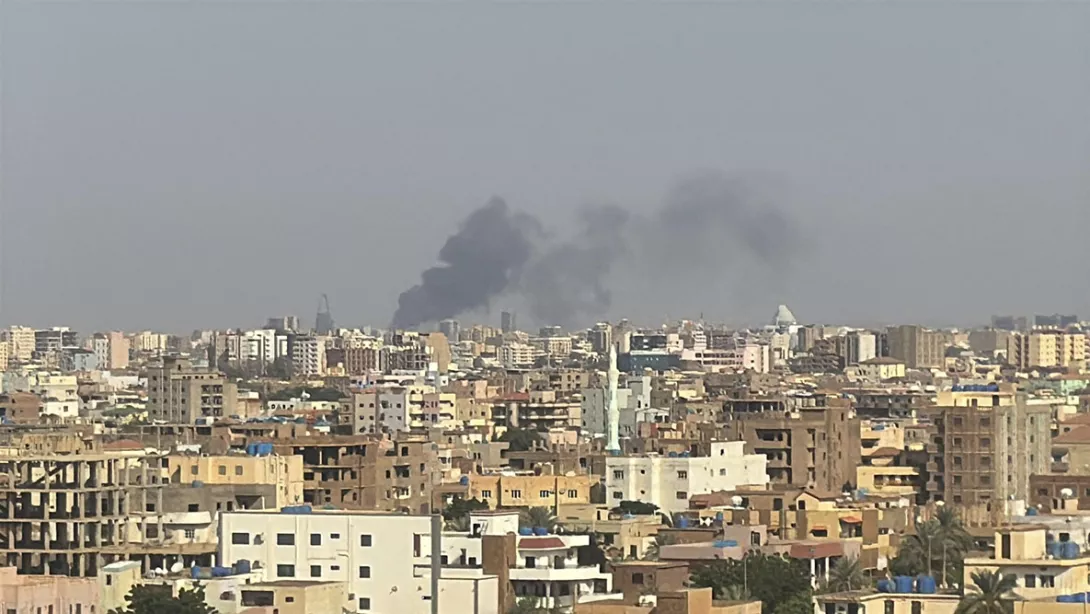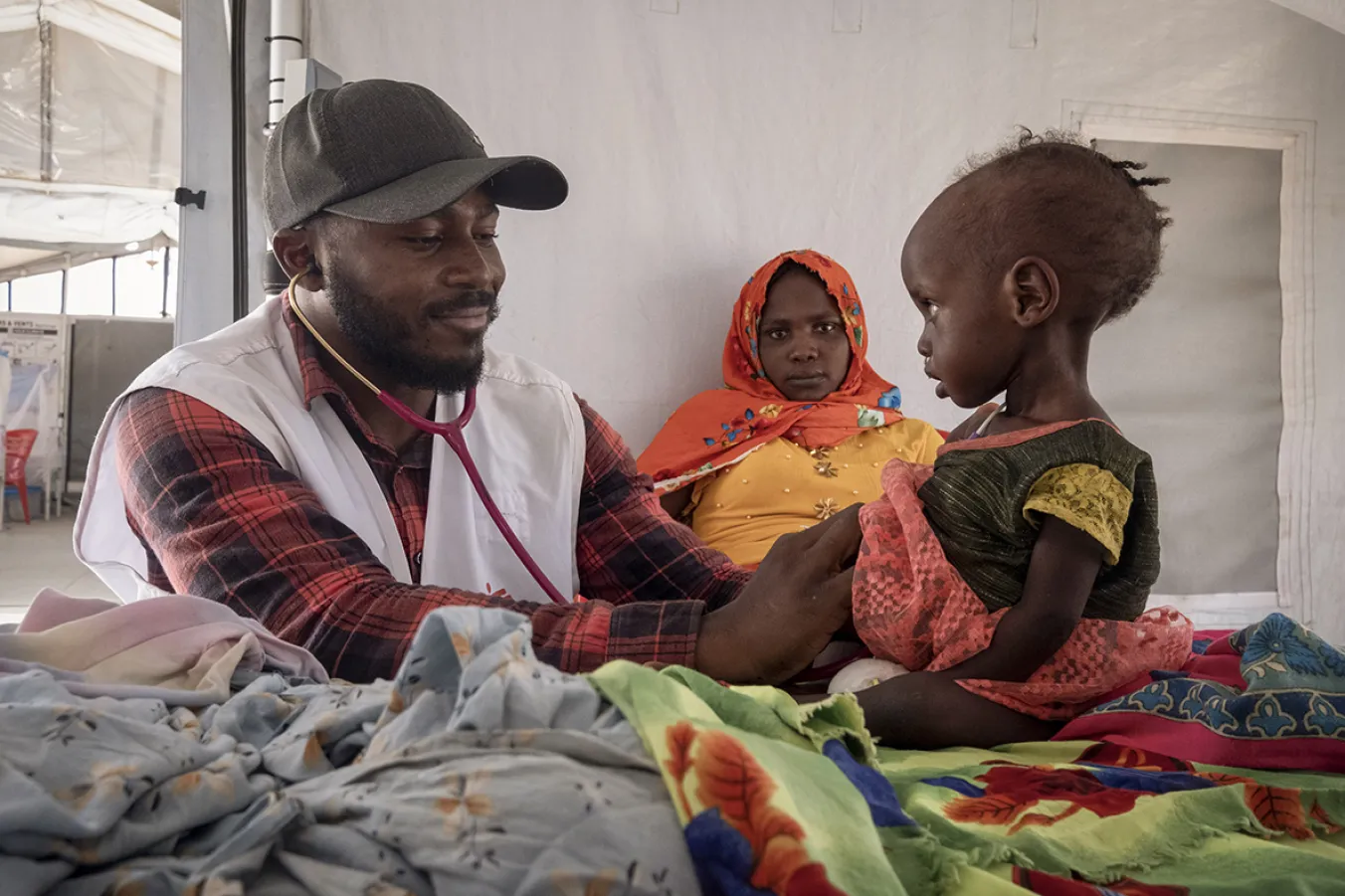
IN areas where forcibly displaced people from Sudan are living, basic necessities are non-existent, says Dr Ihsan Fagiri, a physician and member of the Sudanese Communist Party.
For over a year, the Sudanese Armed Forces (SAF) and Rapid Support Forces (RSF) have been engaged in a bloody conflict, forcing thousands to flee their homes. Some are living in forests, while others tried to find refuge in neighbouring countries like Chad.
However, without adequate support from international organisations, these camps have become breeding grounds for disease outbreaks. According to Fagiri, health activists worldwide should prioritise the establishment of clinics in the camps to protect hundreds of thousands of people from complications arising from treatable diseases.













